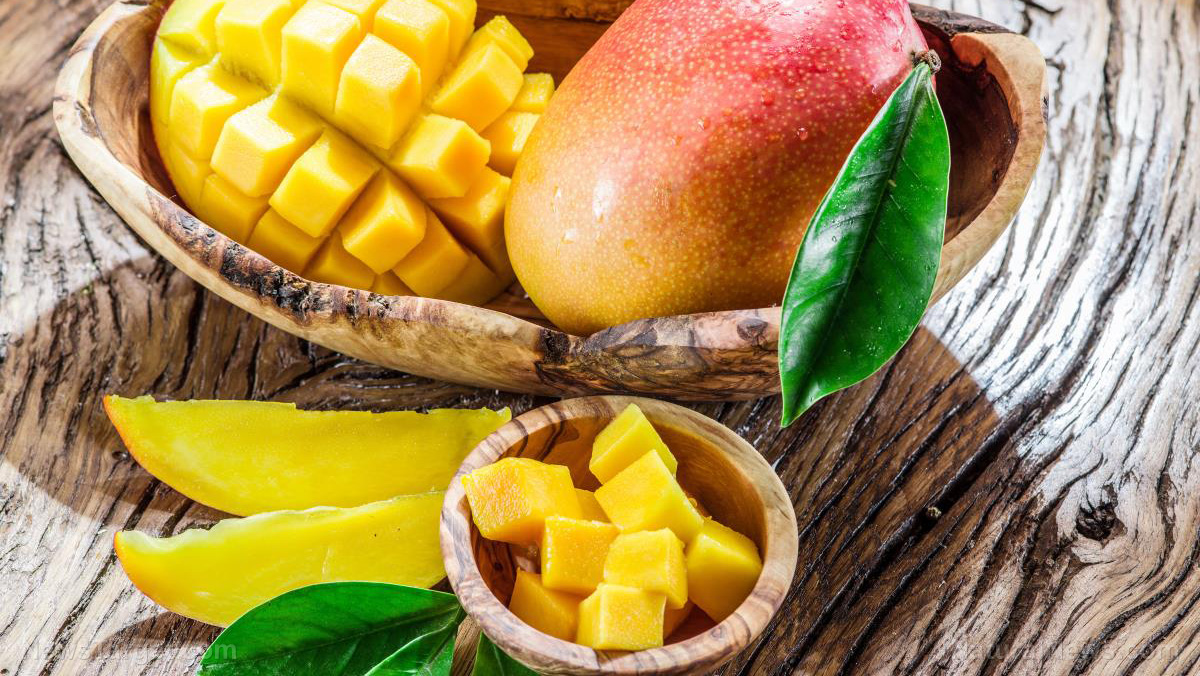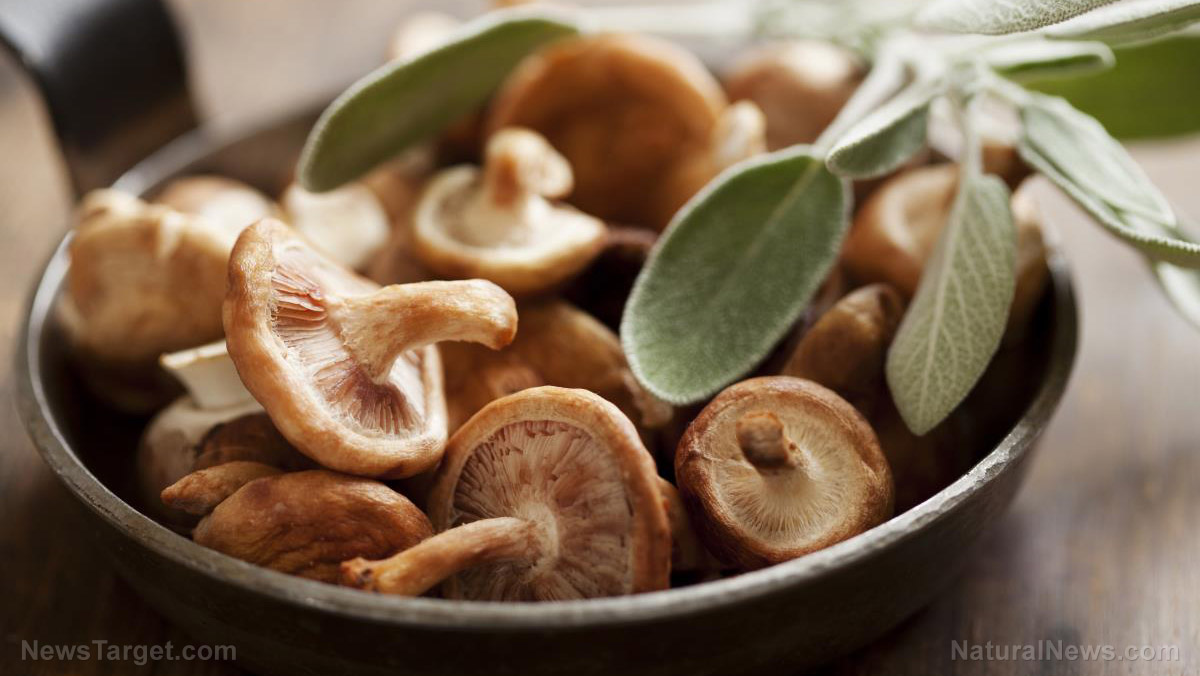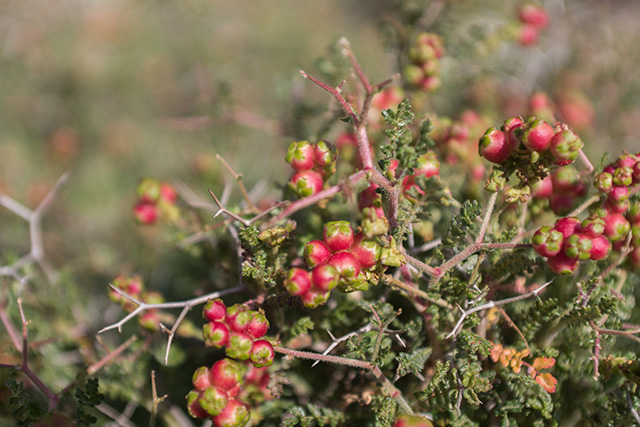Eating a mango every day prevents constipation
08/06/2018 / By Rhonda Johansson

The brightly-colored sweetly-tart mango fruit is considered to be a true superfood. From India – where it is mostly grown, to the coasts of Florida and Southern California – where we get our own supply, mangoes are the most cultivated fruits in the world. It’s no wonder: The drupe is not only incredibly delicious but good for you, too, especially when it comes to digestive health.
A new study published in Molecular Nutrition & Food Research found that eating a medium-sized mango (or around 300 g of its equivalent amount of fiber) every day for four weeks can dramatically reduce symptoms of chronic constipation. This makes the mango a natural and effective laxative aid for certain digestive indications.
In this new study, researchers saw that the daily consumption of mangoes significantly improved constipation status (in terms of stool frequency, consistency, and shape); increased gastrin levels and fecal concentrations of short-chain fatty acid (valeric acid); and lowered endotoxin and interleukin-6 concentrations in plasma. These effects are believed to be caused by the high amounts of fiber and polyphenols found in mangoes. The synergistic qualities of these compounds reduced intestinal inflammation which may, in turn, contribute to constipation.
The pilot study concluded that mangoes might be an easy way to relieve constipation. Authors of the study, however, caution that the drupe does not fully address all gastrointestinal conditions and should be used as a supplement to other healthy lifestyle choices such as physical exercise and a varied diet.
Oozing with goodness, every bite brings immense health benefits
Aside from being packed with fiber, mangoes are also a good source of vitamins A and C, potassium, magnesium, copper, quercetin, beta-carotene, and astragalin. Folk healers prescribe the fruit as a means to maintain overall health because of its excellent ability to enhance the immune system by neutralizing free radicals.
Other health benefits include:
- Preventing cancer – Mangoes lower cholesterol levels in your blood. This is again thanks to its high fiber content that cleans your intestines and keeps your immune system strong. Studies have shown an active link between eating mangoes and a reduced risk of developing cancers of the gastrointestinal tract.
- Remedying anemia – Mangoes help relieve anemia. Rich in iron, mango tonics increase red blood cell count. In fact, many traditional Chinese medicine recipes call for mangoes as a treatment for bleeding gums, cough, and other conditions related to a lowered red blood count.
- Reducing acne – Mangoes open clogged pores in the skin, removing excess oil buildup that contributes to acne development.
- Promoting brain health – The drupe contains abundant amounts of vitamin B6, an essential vitamin for better brain health. Mangoes help regulate mood and can help you sleep better, too.
- Managing diabetes – This is still a new area of research, but some studies have found that mangoes can be an excellent natural remedy for diabetes. Nutritionists recommend boiling 10 to 15 mango leaves in warm water and drinking the tea on an empty stomach. (Related: Mangoes might be the ultimate superfood for diabetes: New science finds they control both blood sugar and blood pressure.)
Practical considerations
Mangoes reach their peak season from May through September. They can range in color from red to orange to yellow. Some varieties though remain green (these are popular in Thailand, India, and Malaysia) and have a more tart flavor.
To select a ripe mango, lightly press its surface. It should not be too hard to the touch. Green mangoes also have a sweet aroma. Fresh mangoes are typically four inches in length and can weigh around nine ounces to four pounds, depending on the variety.
Ripe mangoes can be stored in a refrigerator for around two weeks.
If you’re interested in learning more fun mango facts, head on over to Fruits.news today.
Sources include:
Tagged Under: constipation, digestive health, food as medicine, food cures, functional food, gastrointestinal health, natural remedies, nutrients


















